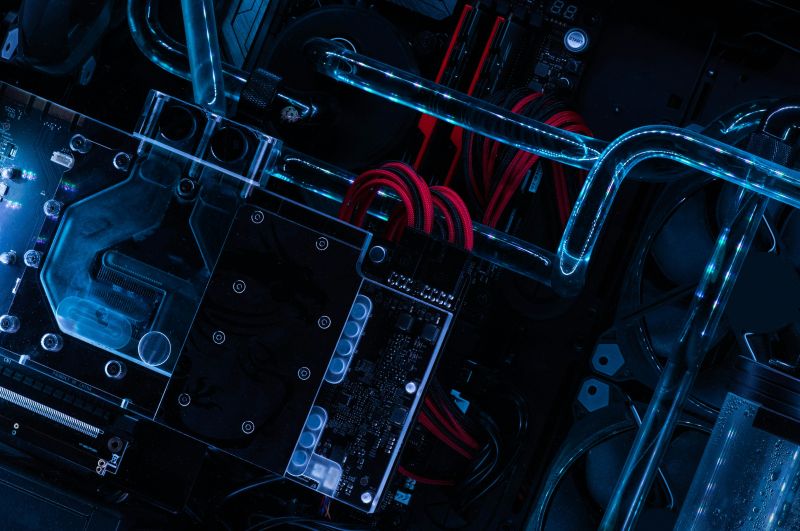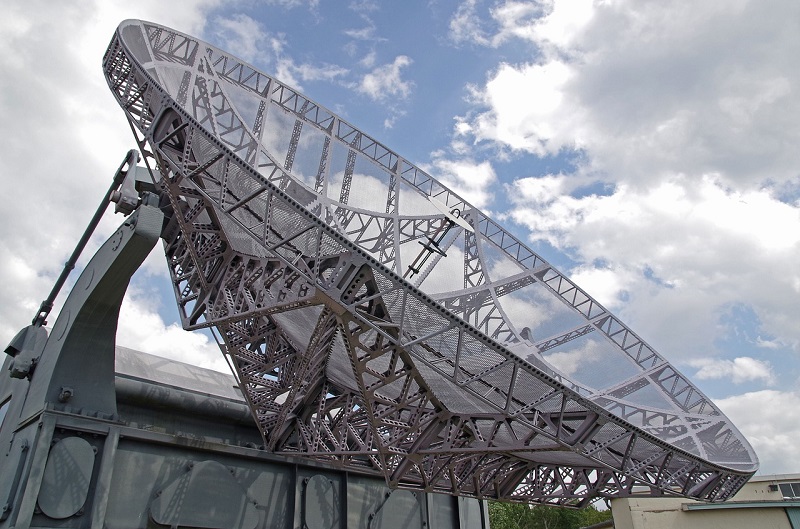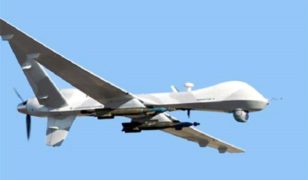Boeing establishes analytics lab for aerospace data at Carnegie Mellon
 Carnegie Mellon University announced October 1 that it has joined with The Boeing Company to establish the Boeing/Carnegie Mellon Aerospace Data Analytics Lab, a new academic research initiative that will leverage the university’s leadership in machine learning, language technologies and data analytics.
Carnegie Mellon University announced October 1 that it has joined with The Boeing Company to establish the Boeing/Carnegie Mellon Aerospace Data Analytics Lab, a new academic research initiative that will leverage the university’s leadership in machine learning, language technologies and data analytics.
The goal is to find ways to use artificial intelligence and big data to capitalize on the enormous amount of data generated in the design, construction and operation of modern aircraft. Creating a maintenance schedule determined by the actual flight history and component performance for each airplane, rather than historic norms for similar aircraft, is just one of the possibilities.
Boeing will provide $7.5 million for the lab over the next three years. Jaime Carbonell, the Allen Newell University Professor of Computer Science and director of the Language Technologies Institute, will lead the new research endeavor, which will tap world-class expertise from across the School of Computer Science and the CMU campus at large. John Vu, a former Boeing chief software engineer who now is a professor in language technologies and computational biology, is playing a key role in establishing and overseeing the lab.
Aeronautics is one of today’s most data-intensive industries. Today’s aircraft contain sensors and embedded computers which are constantly generating data. Together with voluminous information gathered during the manufacture and regular maintenance of each of thousands of aircraft, this data provides opportunities for gleaning new insights that could lead to safer, more reliable and more efficient aircraft operations.
“Researchers from Carnegie Mellon and Boeing have enjoyed a collaborative relationship for more than 30 years and we’re proud of the fact that hundreds of our graduates are working at Boeing,” said Subra Suresh, president ofCarnegie Mellon. “This new agreement will extend this relationship even further, leveraging the distinctive intellectual strengths of CMU to benefit everyone who steps onto an airplane.”
Ted Colbert, Boeing’s chief information officer, described the lab as a unique aerospace partnership which will address the company’s evolving business needs.
“We’re aiming to push the technology envelope,” Colbert said. “We have the best and the brightest faculty at a leading institution focused on how we can innovate and solve business challenges for today and into the future.”
The lab will tap the expertise of CMU’s Language Technologies Institute, including such capabilities as automatically analyzing written reports for evidence-based predictive maintenance, and the Machine Learning Department, which specializes in finding patterns in large databases.
“The mass of data generated daily by the aerospace industry overwhelms human understanding,” Carbonell said, “but recent advances in language technologies and machine learning give us every reason to expect that we can gain useful insights from that data. The new algorithms and methods should create a stronger aerospace industry and be applicable to many other important endeavors.”
More than half a dozen initial Boeing-directed projects have been identified. CMU anticipates the Boeing lab will involve at least 20 faculty and graduate student researchers
“We couldn’t be more excited to engage with and leverage the research power and incredible knowledge of a premiere academic institution,” said Nancy Bailey, vice president, Boeing IT Business Partners.
Source: Carnegie Mellon University
Tags:
metered






